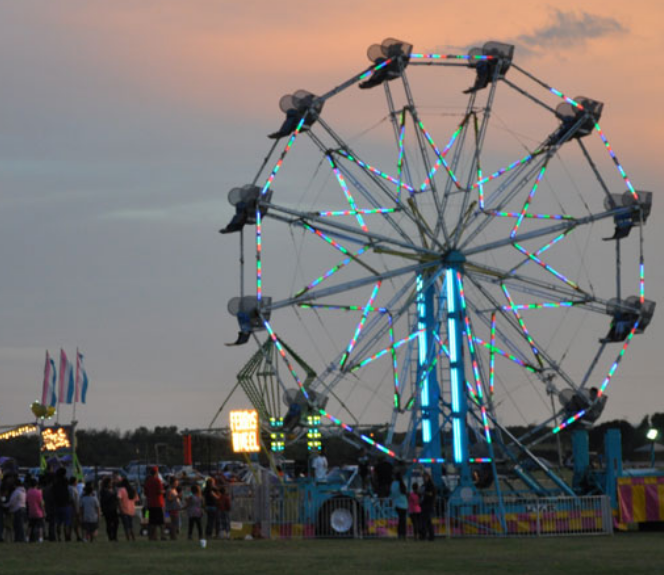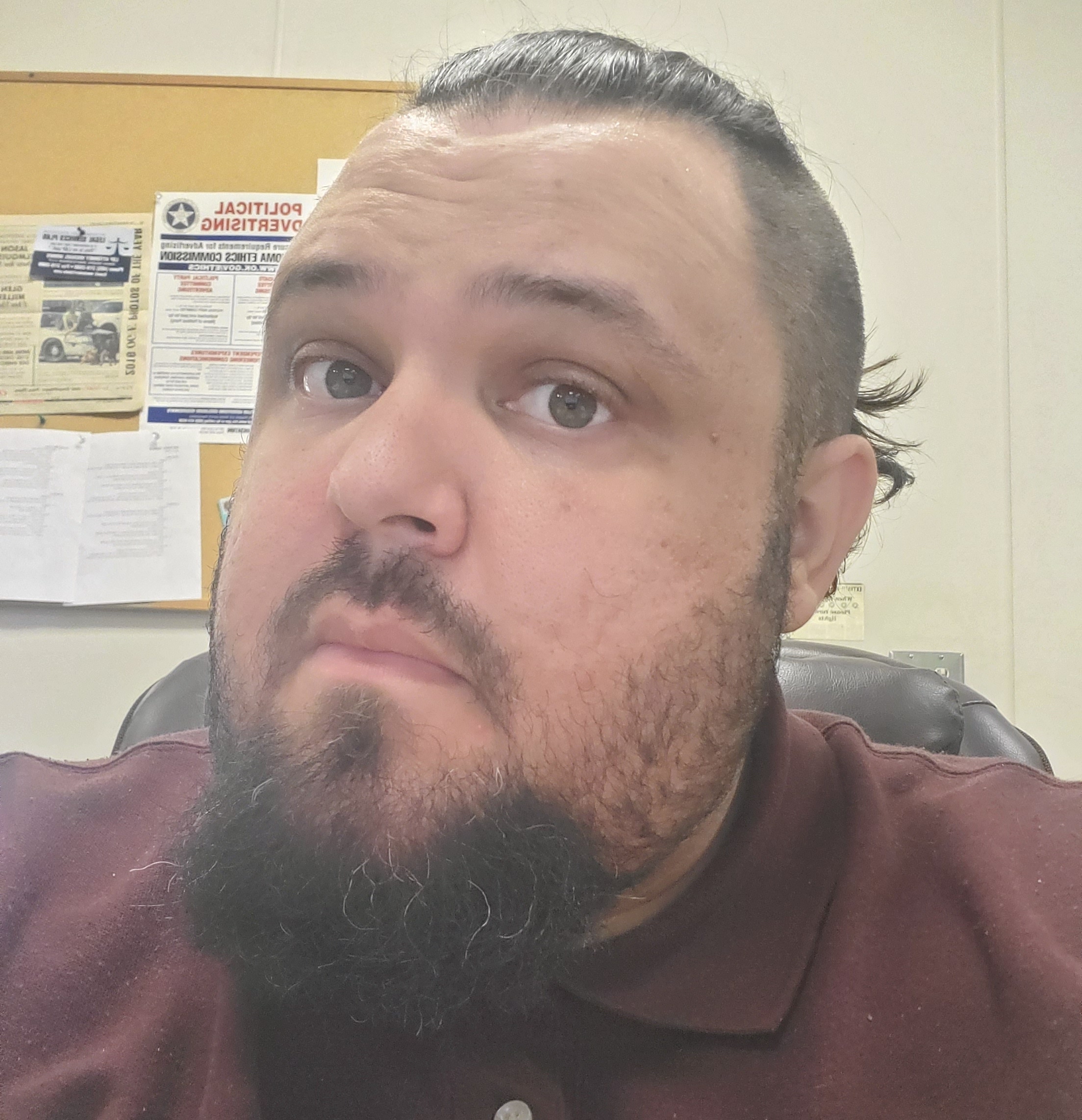
- Details
- By Chez Oxendine
WEWOKA, Okla. — The COVID-19 pandemic continues to stifle public tribal gatherings across Oklahoma, including typically massive tribal events, such as the Seminole Nation Days event in Wewoka, Okla.
Early September, usually a hectic time for the tribe, became a sad reminder of the loss of the event, said Seminole Nation Director of Communications Bo Whitekiller during a Sept. 8 broadcast of the tribe's radio program.
"This is kind of a bittersweet time because this is usually the time we're right smack dab in preparation for Seminole Nation Days," Whitekiller said. "This year it was canceled due to the pandemic, but this is a time when our buddy over at the complex Mike Sisko will come over and tell me this is his favorite time of the year, next to Christmas and his grandkids' birthdays."
Now the complex sits quiet, waiting for the next time people can gather together in celebration of culture.
There's a similar silence in Tahlequah, Okla., seat of the Cherokee Nation. There, the virtualized Cherokee National Holiday weekend passed by sans the huge crowds that usually funnel in to honor Cherokee heritage.
"It really sort of highlights how big of an event it is," said Tahlequah resident Bruce Jacobs. "You get used to things being so hectic around here on that weekend that when it stays so quiet, you just get this weird sense of, I don't know, melancholy, I guess."
"It really drives home how much this virus has cost us," Jacobs added.
Part of that cost has been a sense of community central to cultures like the Cherokee, said Cherokee language learner Railey Justine Eastwood.
“Public gatherings play a huge role in our culture,” Eastwood said. “Currently, we are unable to do ceremonies because our elders are so at risk. Not many folks practice the old ways like they used to nowadays, so that’s really disheartening for those of us who do. I know that several of my friends, family and kin are suffering greatly because we cannot meet like we used to.”
That’s taking a toll on everyone’s mental health, Eastwood said.
“Anxiety level is higher. Everyone I know, myself included, knows someone who has had or has the virus. We miss each other desperately but we have to put our communities first. Making the holiday virtual really dampened the spirit of the community. A lot of people I know were struck with an eerie feeling with this last weekend being so quiet,” Eastwood said. “Cherokees have a sense of community that is unlike any other. We hold onto each other and lift each other in ways I haven’t experienced elsewhere. Keeping us apart hurts us.”
It hurts tribal business too, said Lenape Tribal Council member Nicky Kay Michael.
“We have had to change what we do for meetings,” Michael said. “Tribal members can’t be present when we have to limit the number of people in a room. That changes the definition of an ‘open meeting.’”
The impact carries over to programs such as language learning, Michael said.
“We livestream meetings but it’s just not the same,” Michael said. “Indian people need that familial and social connection. We can’t teach our culture and our languages the same as before.”
All that’s left for many tribal citizens to do is look toward the future. Muskogee resident Darren Smith looks forward to the day he can attend the Bacone Powwow again.
“That’s going to be one hell of a dance, I can tell you that,” he said. “We’ll be celebrating with each other there. We’ll be celebrating our ability to get together and dance and sing, and I don’t think we’re going to take that for granted anymore.”
More Stories Like This
Native News Weekly (August 25, 2024): D.C. BriefsUS Presidents in Their Own Words Concerning American Indians
Native News Online Marks 15 Years of Warrior Journalism
I’m a Minneapolis Postal Worker. This Is What I Saw.
Next on Native Bidaské: Inside Dark Winds with the Cast of Season 4
Help us defend tribal sovereignty.
At Native News Online, our mission is rooted in telling the stories that strengthen sovereignty and uplift Indigenous voices — not just at year’s end, but every single day.
Because of your generosity last year, we were able to keep our reporters on the ground in tribal communities, at national gatherings and in the halls of Congress — covering the issues that matter most to Indian Country: sovereignty, culture, education, health and economic opportunity.
That support sustained us through a tough year in 2025. Now, as we look to the year ahead, we need your help right now to ensure warrior journalism remains strong — reporting that defends tribal sovereignty, amplifies Native truth, and holds power accountable.
 The stakes couldn't be higher. Your support keeps Native voices heard, Native stories told and Native sovereignty defended.
The stakes couldn't be higher. Your support keeps Native voices heard, Native stories told and Native sovereignty defended.
Stand with Warrior Journalism today.
Levi Rickert (Potawatomi), Editor & Publisher

